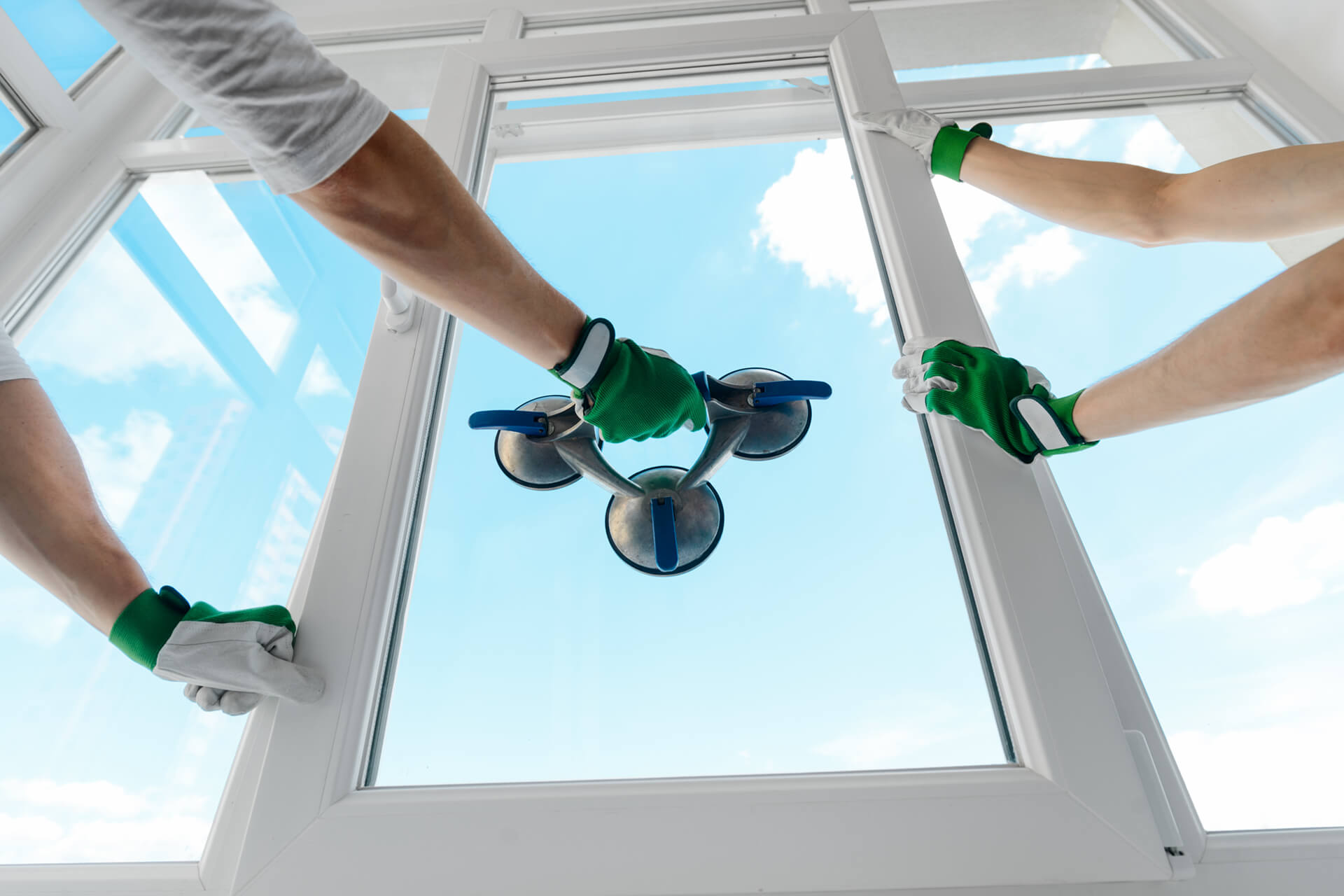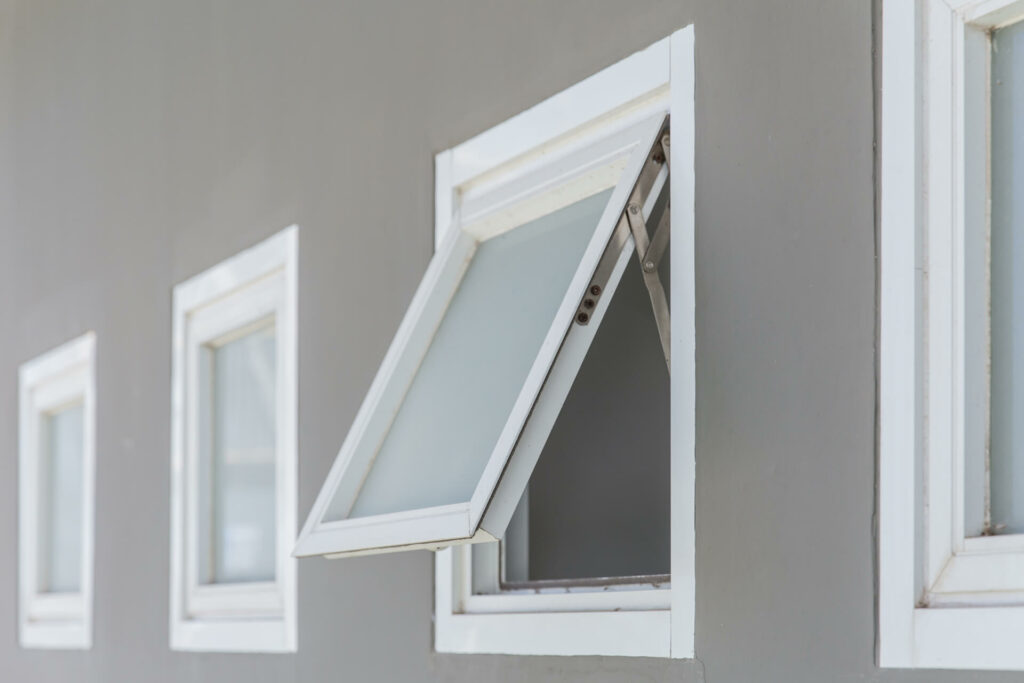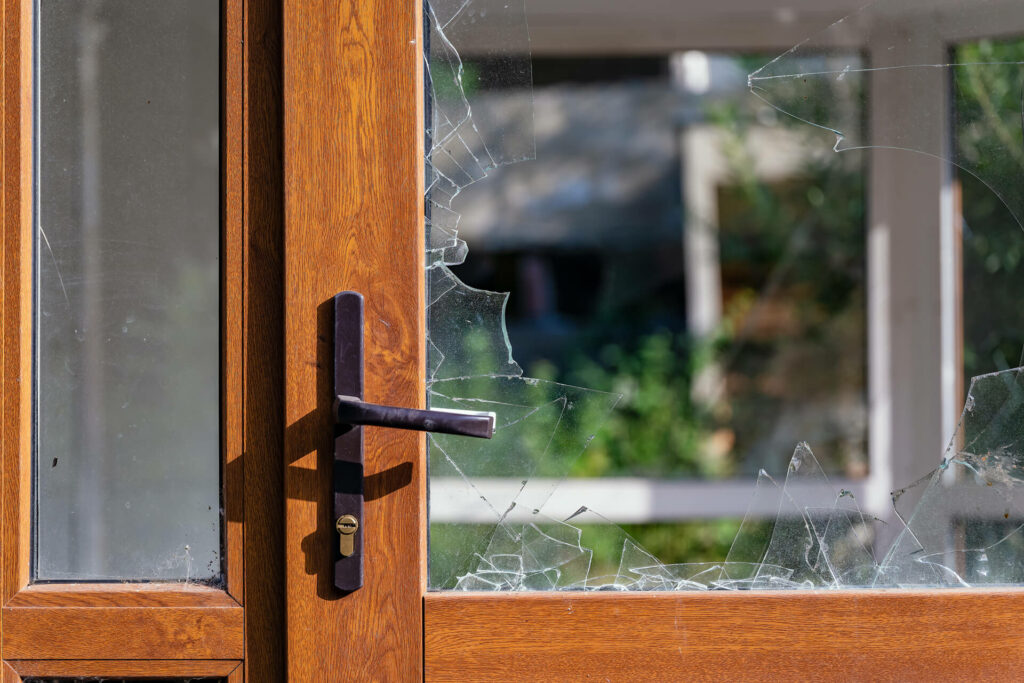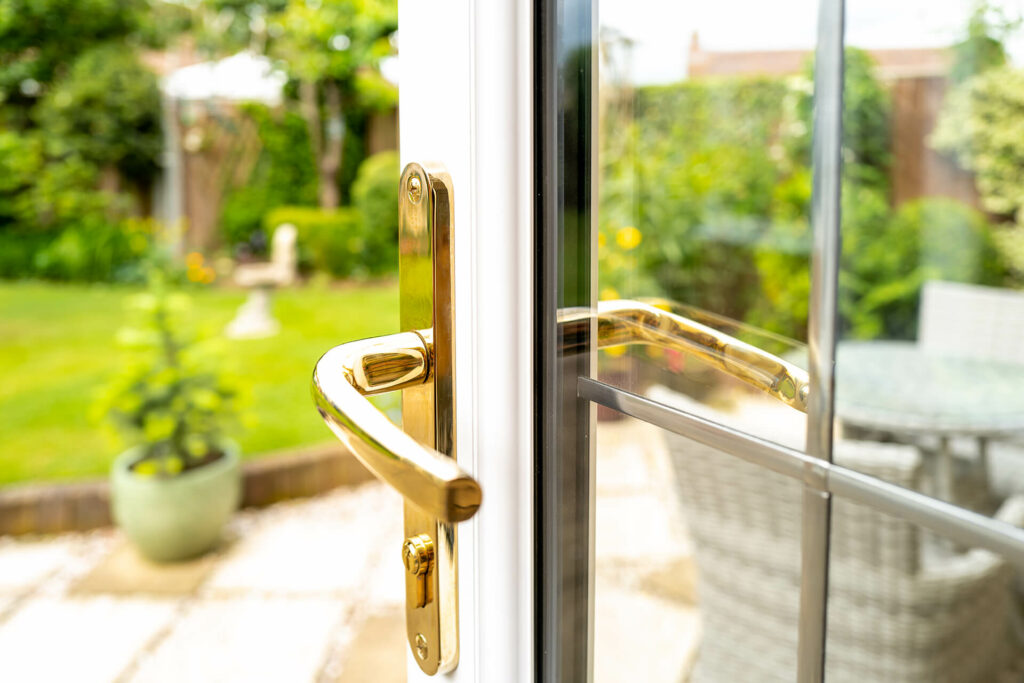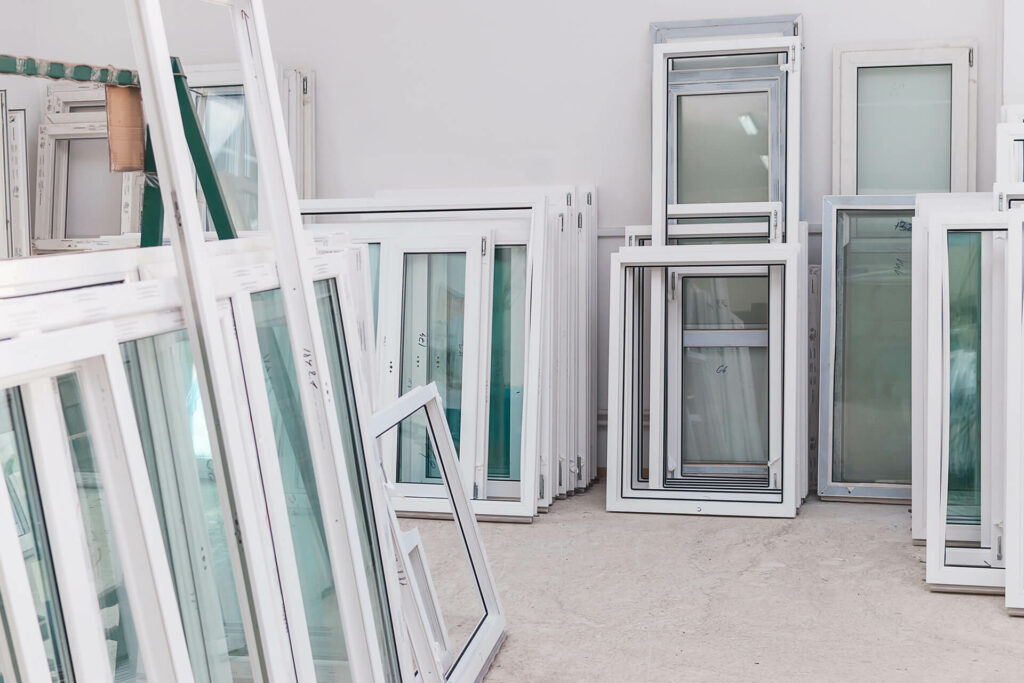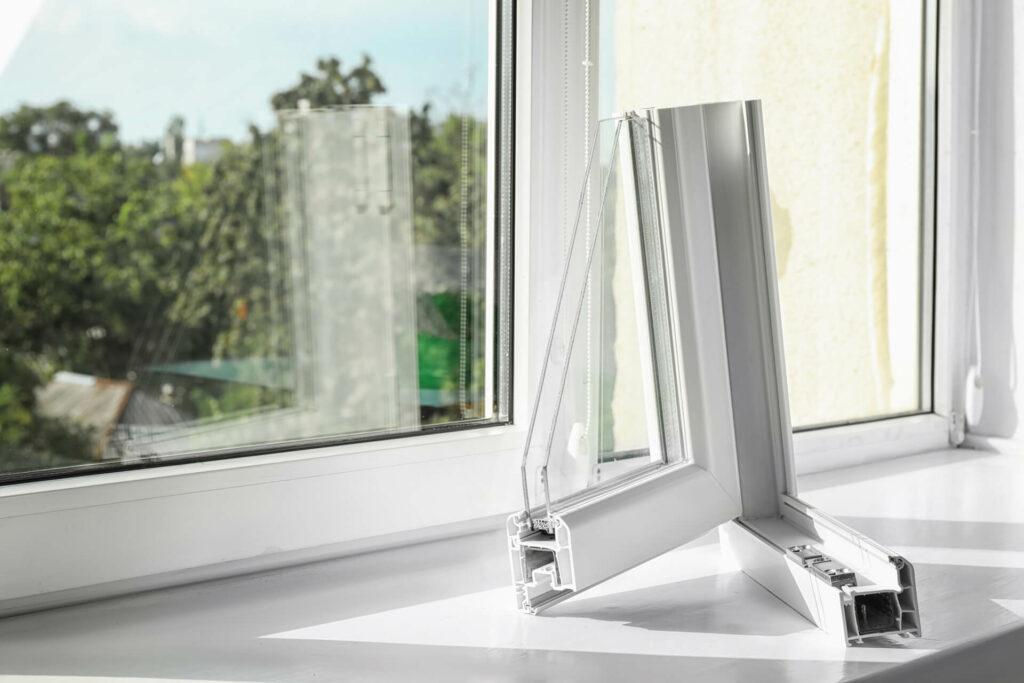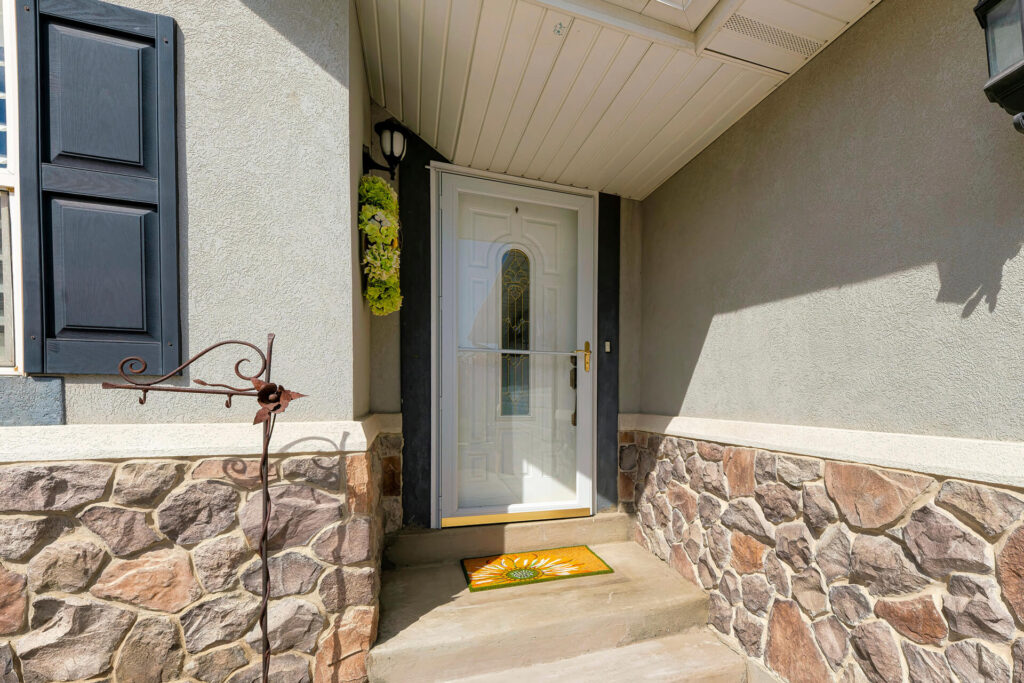Window maintenance is crucial for preserving the condition, comfort, and security of our homes. Over time, windows can degrade, impacting not just the aesthetic appeal of our homes but also their energy efficiency and safety. This guide will help you understand when your windows need repair or a complete replacement.
Understanding Window Lifespan
The lifespan of your windows depends on various factors, including material, build quality and exposure to elements. Typically, wood windows last around 15-30 years with proper maintenance, and vinyl windows can last up to 40 due to its durability.
When to Consider Window Repair
Minor Issues
Small problems such as loose hardware, minor cracks, or slight frame damage can often be repaired, extending the life of your windows without significant expense.
Cosmetic Concerns
Superficial damages like scratches or peeling paint can usually be touched up easily, improving the appearance of your windows at a minimal cost.
Weatherstripping and Caulking
Feeling a slight draft? Replacing worn weatherstripping or caulking can address drafts and improve energy efficiency, a simple fix that can significantly enhance comfort.
Hardware Malfunctions
Issues with locks or cranks can often be resolved by lubrication or replacement of the faulty parts, avoiding the need for a complete window replacement.
Crack Glass Panes
Cracked glass can often be resolved by replacing the Insulated Glass Unit (IGU), which is considered a repair, not a complete window replacement.
Condensation Inside the Glass Panes
This indicates seal failure, a problem that requires replacing the Insulated Glass Unit (IGU). This type of repair replaces the sealed glass component, restoring the window’s insulating properties without the need to replace the entire window frame and assembly.
Energy Efficiency Loss
An increase in heating or cooling bills may indicate that your windows are losing their energy efficiency. While this could sometimes necessitate a complete window replacement, replacing the Insulated Glass Unit (IGU) with one that has the same or improved gas fill and low-e coating could also restore the window’s energy performance if the frames and sashes are still in good condition.
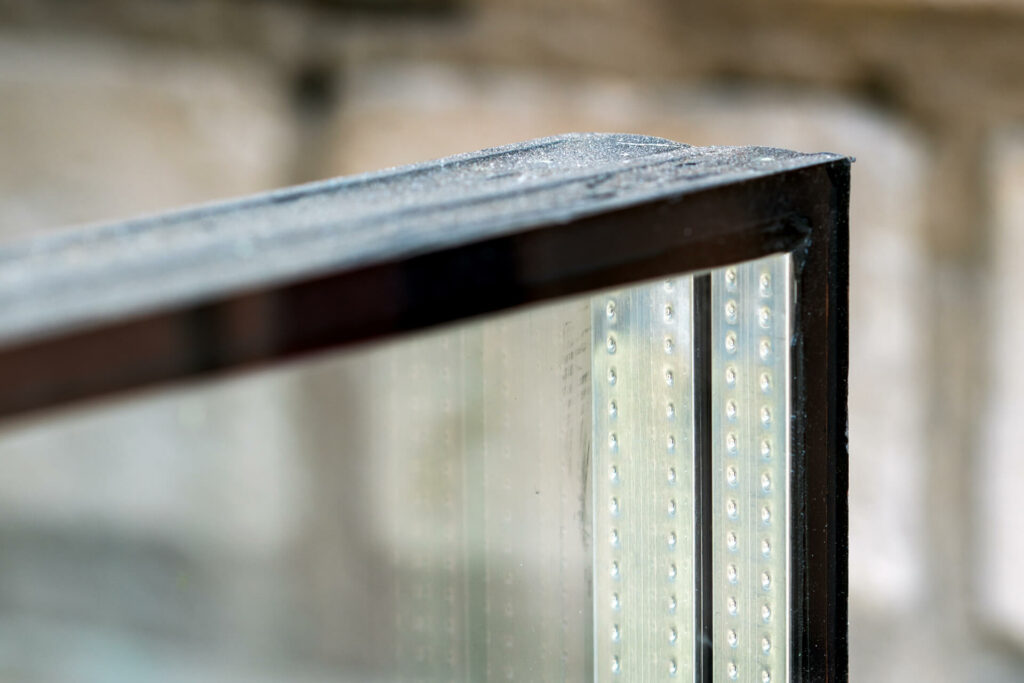
When to Consider Complete Window Replacement
Physical Damage
Significant damage to the window frame or structure, such as warping or water damage, suggests the need for a complete window replacement.
Operational Difficulties
Difficulty in opening, closing, or locking windows can signify that replacement is necessary. This isn’t just a minor inconvenience; it can be a safety issue. In an emergency, windows should function smoothly as escape routes. Plus, if they don’t close properly, they’re not secure against potential break-ins.
Frame Decay or Leaks
Rotting frames or leaks during rain are signs of compromised window integrity, requiring replacement to prevent further damage to your home.
Noise Penetration
Excessive outdoor noise can mean your windows are not providing sufficient insulation. Replace them with newer, triple-pane windows can offer better noise reduction.
Choosing Between Window Repair & Complete Replacement
In some cases, the choice between window repair and complete replacement may not be straightforward. Even when repairs are feasible, they may not offer a lasting solution, and significant or multiple issues might render replacement a smarter financial decision over the long term.
Furthermore, repairing old windows, including replacing the insulated glass unit (IGU), may not be practical if the frame is nearing the end of its lifespan. Newer windows typically offer better energy efficiency and durability, making a complete replacement a more sensible choice than repairing an old window.
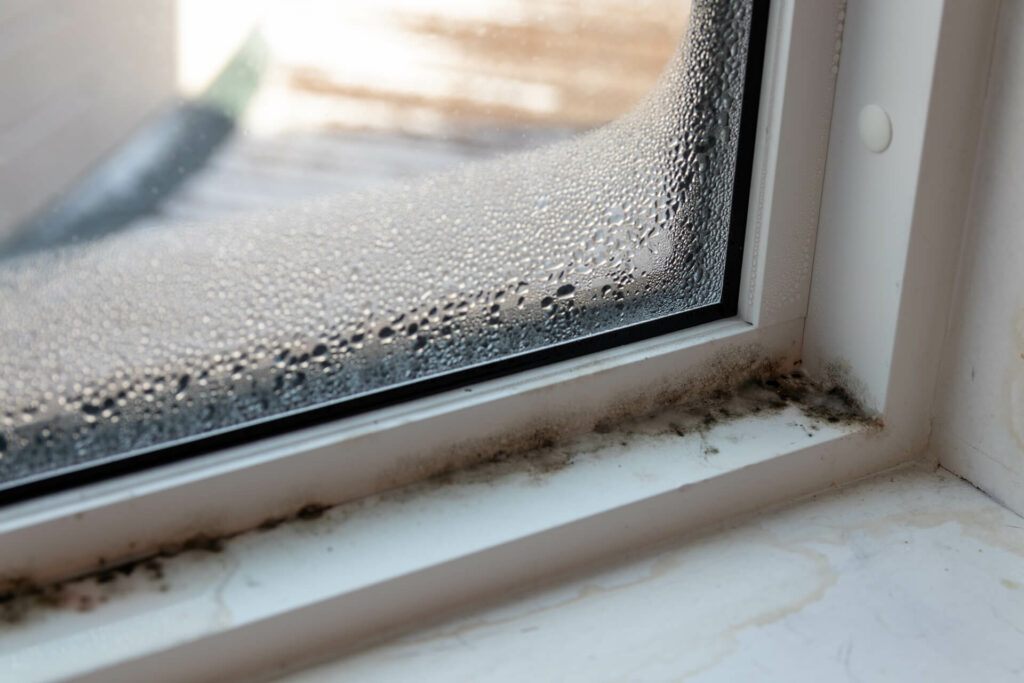
What to Expect During Window Replacement
Window replacement is generally straightforward and can be completed within a few days, depending on the number of windows. IGU replacement, on the other hand, can be done in hours. Preparing the area around your windows can minimize disruption. Planning ahead of time to coincide with mild weather conditions can further ease the process, ensuring a smoother and more comfortable experience.
Conclusion
Maintaining and choosing when to repair or replace windows are crucial for your home’s efficiency, security, and aesthetics. By staying vigilant and addressing issues promptly, you can ensure your windows continue to protect and enhance your home effectively.
FAQ
It depends on the extent of the damage. Minor issues can be repaired, but if the window is too old or severely damaged, replacement is a better long-term investment.
Condensation or fogging between panes is a telltale sign of seal failure.
No, for double or triple-paned windows, you typically need to replace the entire insulated glass unit (IGU), not just a single pane of glass.
Annually inspect your windows to catch and address any issues early.

